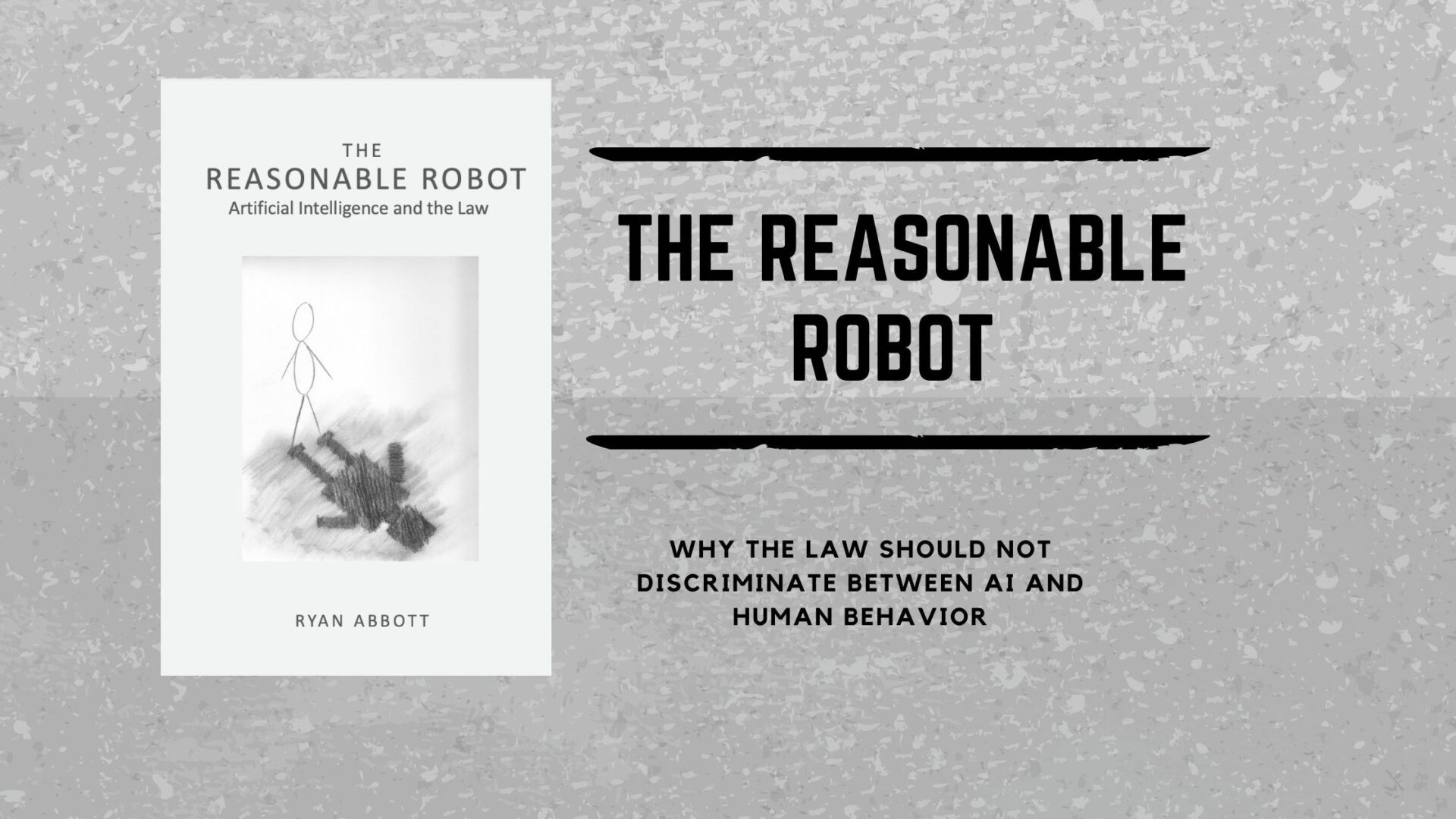‘Ryan Abbott’s book cuts across all kinds of fields in an effort to teach us what the future will bring. From self-driving cars to AI doctors to robots that pay taxes, he offers a comprehensive blueprint for how the law needs to change to adapt to a world where it is machines, not people, committing torts and crimes.’
– Mark A. Lemley, William H. Neukom Professor, Stanford University, California
‘Artificial intelligence has evolved from an utopian vision to a fact of life. Thinking through how AI fits into our existing legal norms has become imperative. Ryan Abbott’s book elucidates what challenges AI poses in different areas of the law and what legal principles can unleash AI’s full potential for human progress. Anyone seeking insight into these questions will find this book both accessible to read and thought-provoking.’
– Carsten Fink, Chief Economist, World Intellectual Property Organization
‘The Reasonable Robot is an important work and a riveting read that provides a fascinating picture of a future that’s already here. It explores profound legal and societal questions that every one of us should care deeply about, and secures Ryan’s place as a leader in the field.’
– Corey Salsberg, Vice President, Global Head IP Affairs, Novartis
‘Professor Abbott’s book offers a captivating analysis of the legal challenges that arise from the breathtaking proliferation of artificial intelligence in numerous areas of life, commercial relations and governmental decision-making. As ‘AI’ not only informs but increasingly drives and determines administrative procedures as well as policy choices, questions of liability require utmost scrutiny and must be seen in close connection with issues around agency, representation and legitimacy. In trying to understand the legal conundrum posed by robots’ astonishing ascendance, this book is an excellent guide.’
– Peer Zumbansen, Founding Director, Transnational Law Institute, King’s College London
‘ … The latter proposition demonstrates that Abbott treats this sensitive topic (which will significantly affect everyone because of AI’s potential to cut jobs, limit human interaction and question human supremacy) based on firm ethical values. It also places people’s and society’s benefits at the center of his considerations, rather than the technological or economic interests of a few, while also addressing the pressing questions in a historical context.’
